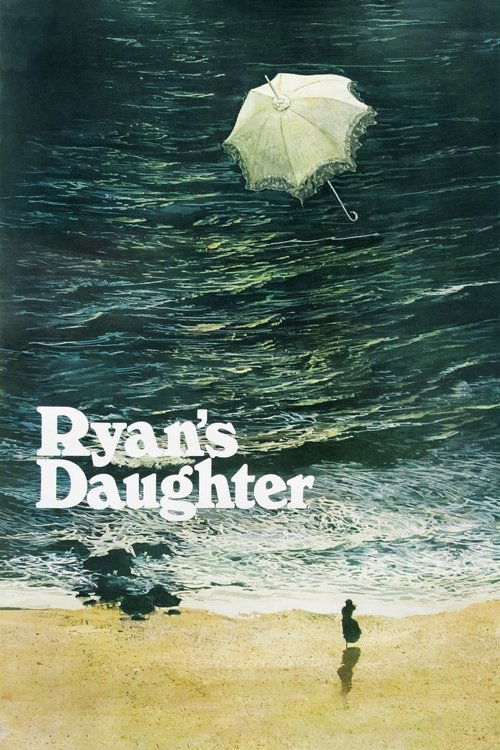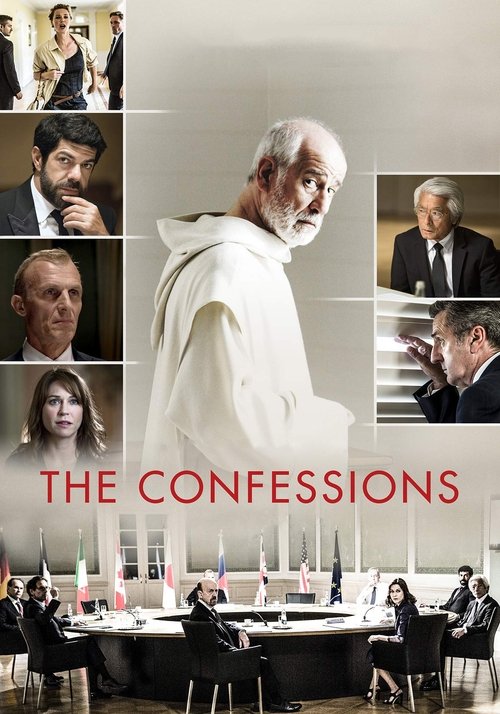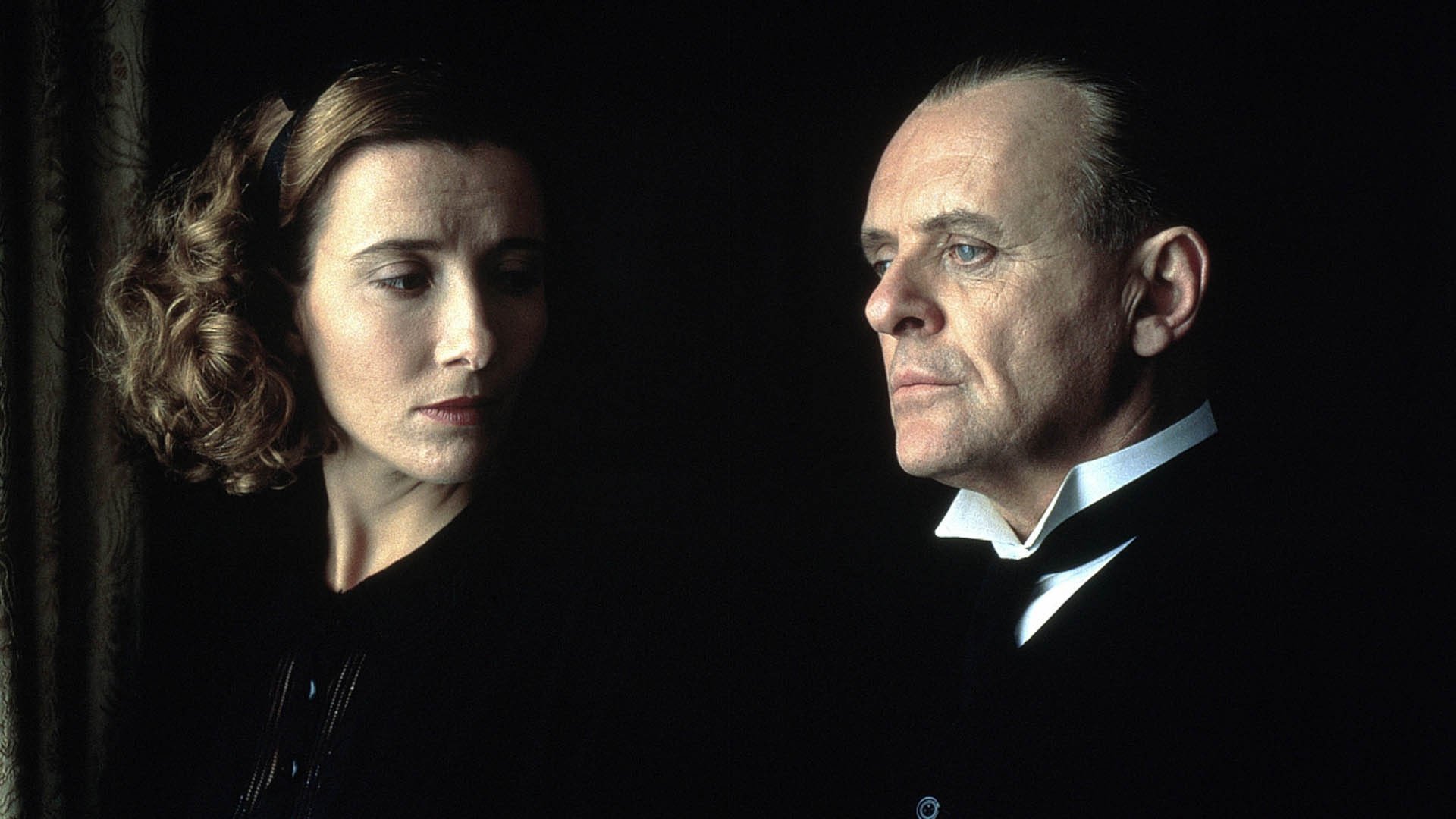
1993
The Remains of the Day
Drama, Romance
8.0
User Score
1462 Votes
Status
Released
Language
en
Budget
$11.500.000
Production
Columbia Pictures, Mike Nichols Productions, John Calley Productions, Merchant Ivory Productions
Overview
A rule-bound head butler's world of manners and decorum in the household he maintains is tested by the arrival of a housekeeper who falls in love with him in post-WWI Britain. The possibility of romance and his master's cultivation of ties with the Nazi cause challenge his carefully maintained veneer of servitude.
Review
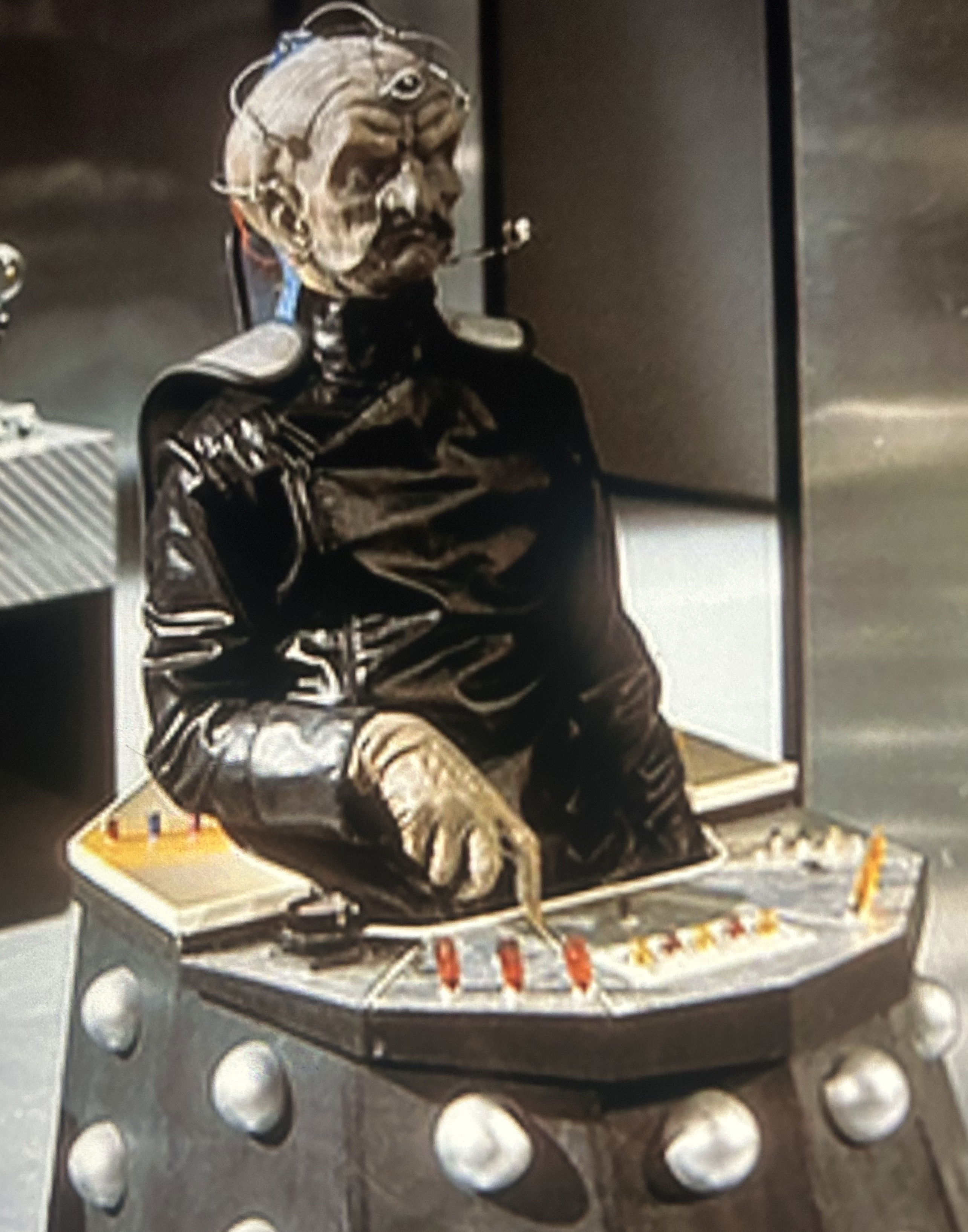
Geronimo1967
7.0
This is one of Anthony Hopkins' most nuanced and classy performances, depicting the last of a dying breed of upper servants in the stately home of "Lord Darlington" (James Fox). It's told by way of a retrospective as he takes some time off from his work as butler to American millionaire "Lewis" (Christopher Reeve) and goes for a drive to meet the former housekeeper "Miss Kenton" (Emma Thompson). The theme has two threads. The first concerning the peer for whom he worked for a great period of his career. This is a man who believed in what turned out to be a flawed gentlemen's code of honour and decency when it came to dealing with the rise of the Nazis. The second featured a more personal take on his life, reconciling his duties with the failing health of his now under-butler father (Peter Vaughan) as well as his relationship with a determined and new "Kenton". The attention to detail on this production is meticulous; the characterisations are convincing and engaging - the unconditional loyalty of "Stevens"; the decent naivety of "Darlington" and finally, the strong performance from Thompson that acts nicely as a conduit from the days of old to the more modern times where the deference and service culture that gave "Stevens" his purpose (and comfort blanket) are now gone. This story offers a wonderful illustration of the how the consequences of WWI started the now inevitable process of change to a social structure that had endured for centuries, exposing the leadership class - which took such a dim view of their underling "sheep" as out of touch and, for all their education, no longer fit for purpose: any purpose! It's a gently paced affair and that helps us to engage with this fine adaptation of the Ishiguro novel that, though applied here to the last days of Imperial Britain, could apply to many a nation in what was still a largely family run Europe.
Read More 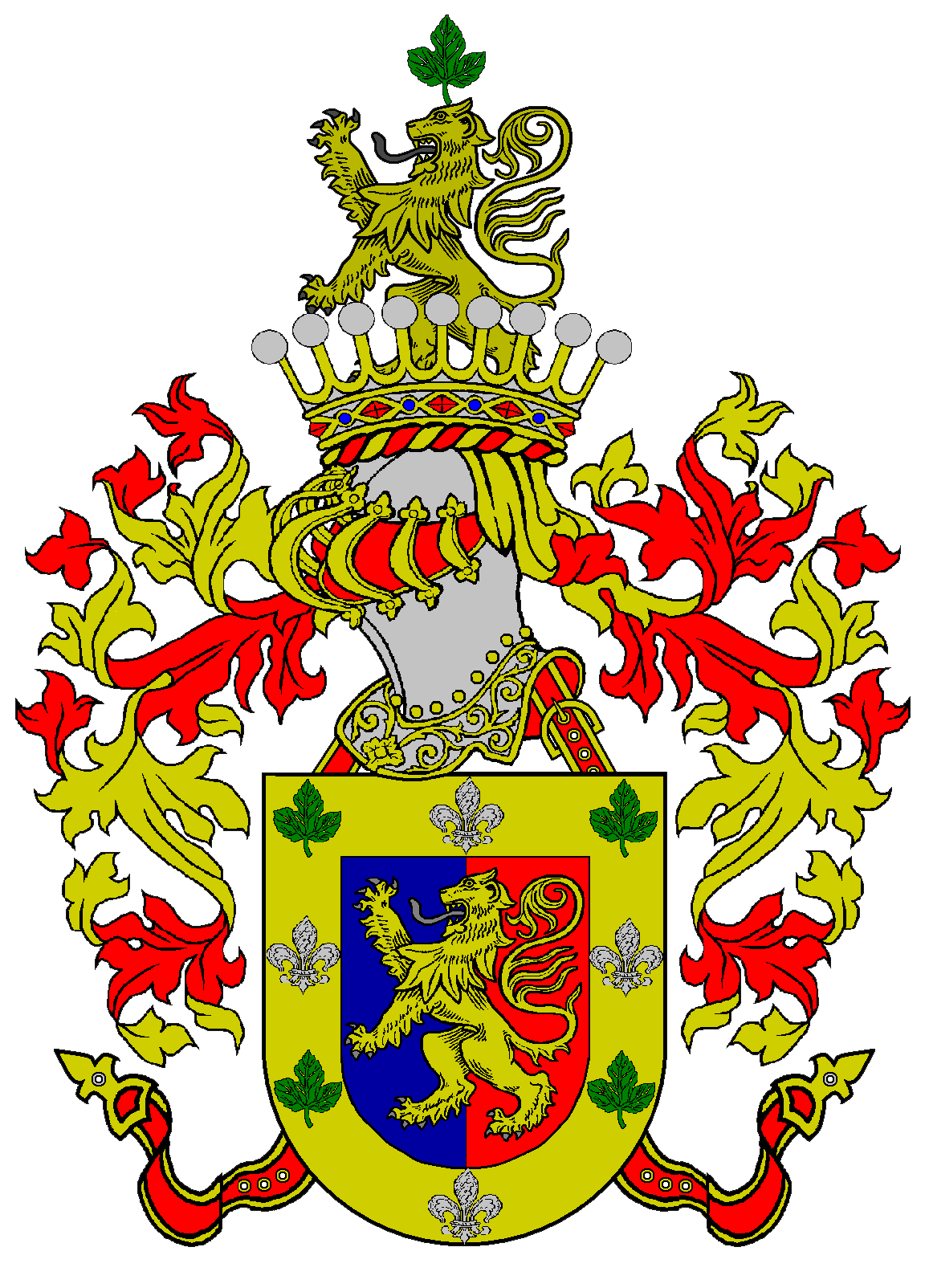
FilipeManuelNeto
8.0
**It is an excellent film, even if I disagree with the thesis on which it was made.**
In the period between the two world wars, the world tried to make sure that there was never again something as destructive and traumatic as the First World War. However, such decisions, very commendable but chimerical and contrary to human nature, failed, as we know: the Second World War will occur just a few years later, almost as a direct consequence of the mismanagement of peace, so hard achieved. However, the UK (and other countries) sought to avoid the new conflict by choosing to ignore everything that was happening in Germany: price inflation, the brutal economic crisis, popular dissatisfaction, the rise of Nazi radicalism and an increasingly brutal, extreme and violent rhetoric.
Lord Darlington, the central figure of this film, is the archetype of a well-bred and intelligent British political class, deeply traumatized by the First World War and more than determined to avoid another one like it. Stanley Baldwin, Neville Chamberlain and a number of other politicians thought alike and sought, by various means, to appease and reach an agreement with Hitler, after which they were heavily criticized for the way in which they did so. Honestly, I can't criticize them. Only those who have never experienced a war can afford not to try to prevent another one from happening in every way, however justifiable and even laudable the reasons behind it may be. Therefore, here begins the fundamental disagreement between the way I think and the way this film was thought and conceived.
Many, in fact, would think that the butler of Darlington Hall is the key figure in this film. Indeed, he is the protagonist and the main character, impeccably played by the always secure Sir Anthony Hopkins. However, this character's actions and thoughts are strictly determined by her canine loyalty to her aristocratic lord, and the house where he serves. So if His Lordship thinks a certain way, he must be right. And although the film criticizes this loyalty and lack of moral and intellectual independence, I prefer to refrain from doing so. Like Lord Darlington, I also have people who serve me, and I learned to appreciate and value that devoted loyalty, not least because we cannot, nowadays, put anyone to serve inside our homes. Loyalty, honesty, respect and good understanding between servant and master are, more than any contract or payment, the basis of a good relationship in such a situation.
In addition to Sir Anthony Hopkins, the film features an excellent work by Dame Emma Thompson, who makes a good counterpoint with the butler: if one is reason and traditionalism, the other is innovation, breaking conventions, emotion. Therefore, they complement each other and create a good friendship, despite being very different and often not agreeing. The film takes a nice approach to this relationship, making the subplot between the two a highly important point in the overall story. The film also features good interpretations by James Fox, Christopher Reeve and Hugh Grant.
On a more technical level, we must highlight the choice of filming locations, which built a fictional Darlington Hall from some of the most beautiful and significant English manor houses, which makes the film an authentic tour of these unique pieces of heritage and culture. Inside some of them, you can still feel the British spirit, with its chivalry, sobriety and stoicism. Cinematography is the standard used in 1993 and does not bring any surprises, although the camera work deserves a positive note. The sets, and especially the costumes and props, deserve to be carefully looked for the way they recreate the period. The soundtrack is another point that also deserves to be highlighted, being emotional and striking without imposing itself in a strident way.
Read More 
